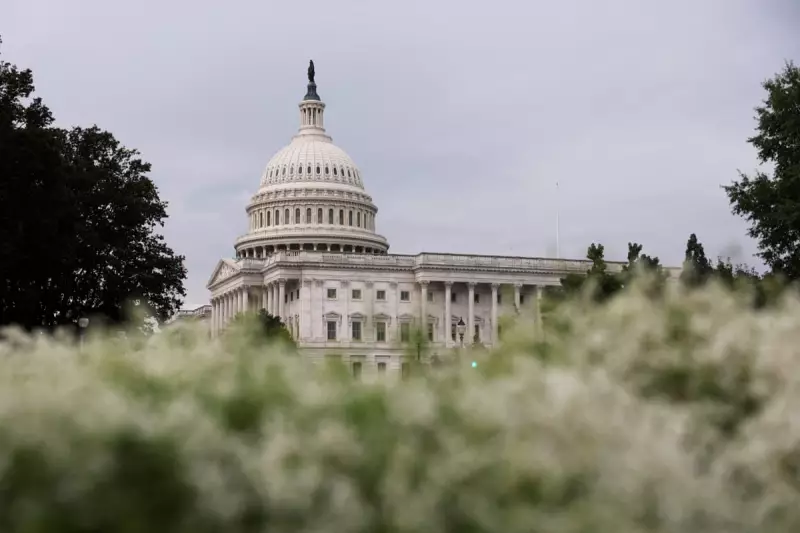
In a dramatic move that has exposed deepening political fractures, House Republicans have thwarted legislation designed to bolster security protections for members of Congress. The decision comes amid escalating concerns about the safety of elected officials in the increasingly volatile American political landscape.
Partisan Divide Halts Critical Security Measures
The proposed security enhancements, which enjoyed bipartisan support in some quarters, would have provided additional resources and protective measures for lawmakers facing growing threats. The rejection has sparked fierce debate about the prioritisation of politician safety versus political point-scoring.
Critics argue that the vote represents a dangerous politicisation of basic security protocols, potentially leaving elected officials vulnerable to violence. Supporters of the decision maintain that existing security provisions are adequate and that further measures would impose unnecessary restrictions and costs.
Rising Threats Against Public Officials
This security showdown occurs against a backdrop of increasing threats against members of Congress. Security officials have documented a significant rise in concerning communications and potential threats targeting elected representatives in recent years.
The Capitol Police, tasked with protecting lawmakers, have repeatedly emphasised the growing challenges they face in maintaining security for hundreds of representatives and their families across the entire United States.
Political Implications and Future Prospects
The rejection of enhanced security measures is likely to have lasting political repercussions. The debate has highlighted the difficult balance between maintaining accessibility for constituents and ensuring the safety of those in public office.
As security concerns continue to evolve in the digital age, with threats emerging both online and in physical spaces, many security experts argue that protection protocols must similarly advance to address new challenges.
The issue is expected to resurface in future legislative sessions, particularly if security incidents occur or threat levels increase further. The ongoing tension between security needs and political considerations shows no signs of abating in the current polarized climate.






